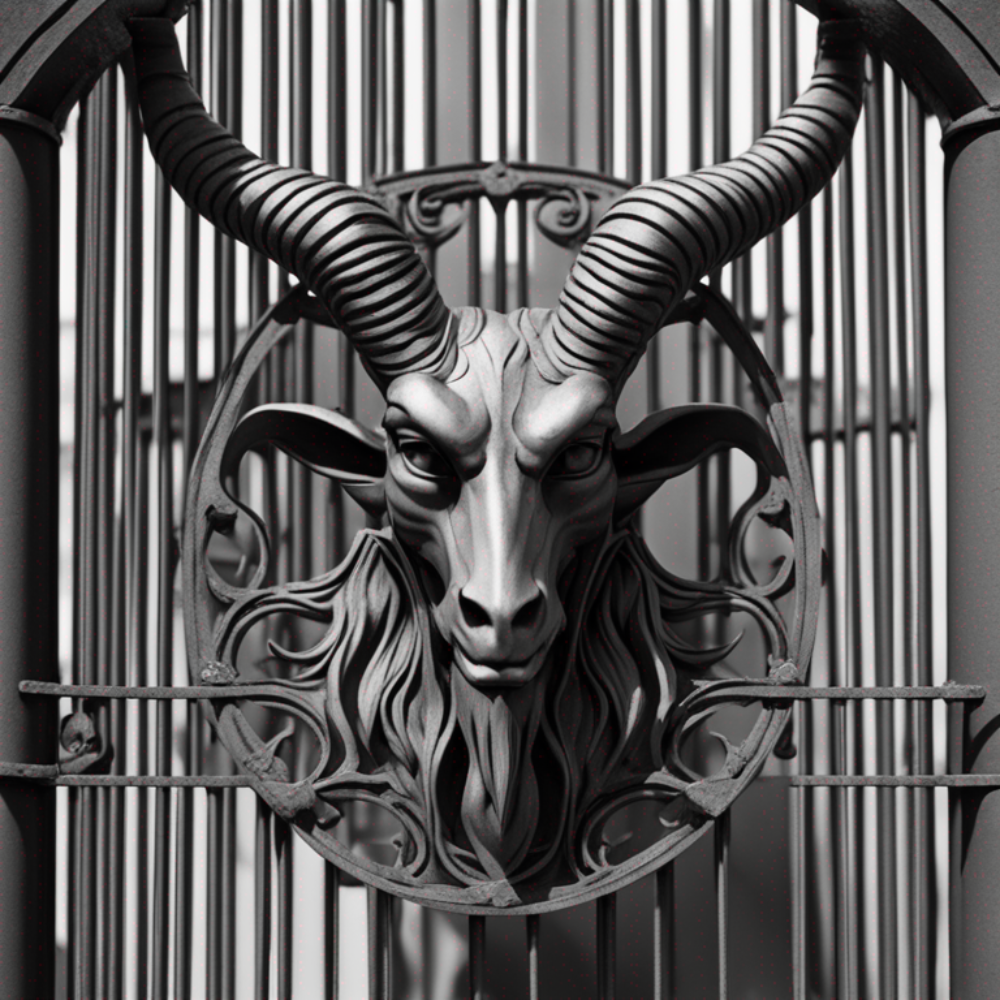Some new members of The Satanic Temple hold on to supernatural beliefs (often around demons) while calling themselves a Satanist. And some well-meaning Satanists encourage them, believing Satanism is both welcoming enough and laissez-faire enough to accommodate these beliefs.
This is often accompanied by a statement like “we don’t gatekeep.” A noble idea in theory, but I have to ask: are the core, foundational beliefs of a religion not worth gatekeeping?
(Note: When I say “Satanist” or “Satanism” I’m referring to the sect that The Satanic Temple teaches; if I mean some other type of Satanism, I’ll specify.)
At its most basic, modern Satanism is built on an interpretation of Satan having delivered mankind from slavery by giving us the gift of knowledge. This belief is non-theistic, treating Satan is the completely fictional character that he is. The non-theistic approach is part of a general rejection of supernatural belief, honoring the Luciferian gift of knowledge and reason.
This is expressed in Tenet V, which says:
Beliefs should conform to one’s best scientific understanding of the world. One should take care never to distort scientific fact to fit one’s beliefs.
It’s also shown in TST’s standard invocation, which calls us to:
…reason our solutions with agnosticism in all things, holding fast only to that which is demonstrably true.
It’s even echoed in the symbolism of Baphomet, who wears the Torch of Knowledge between his horns. This torch is used by many universities and educational institutions, because the flame symbolizes knowledge, study, teaching, and reason eradicating the darkness of ignorance.
Beyond the religious basis, rejection of the supernatural is at the core of TST’s advocacy too. The founders have spent time both in public and in court fighting against the idea that “religion” belongs solely to the superstitious. To recognize any superstitious belief as valid would undermine the advocacy entirely.
It should be self-evident that anyone professing to believe in the existence of demons, or ghosts, or spirits, or any supernatural being is not actually following the religion of Satanism – at least, not as TST defines it.
If we offer too much silent assent about mysticism and superstition – even when it seems to be doing a little good – we abet a general climate in which scepticism is considered impolite, science tiresome, and rigorous thinking somehow stuffy and inappropriate.
Carl Sagan, The Demon-Haunted World
Hail Satan. 🤘
